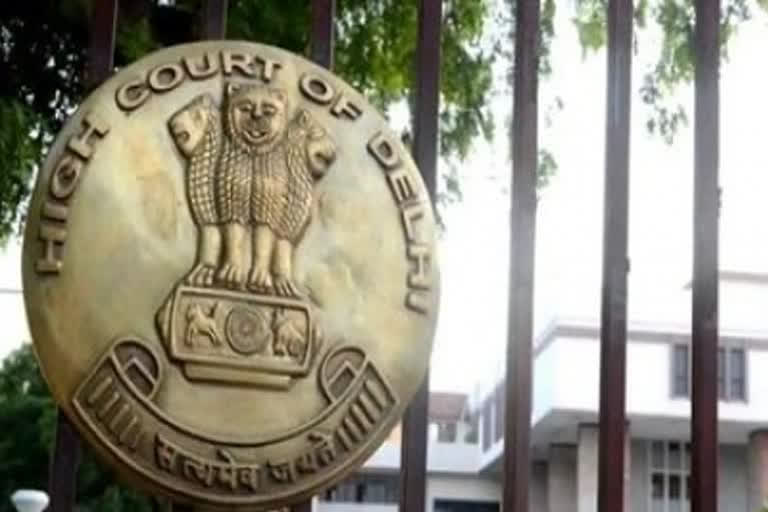New Delhi: Rejecting JNU student Sharjeel Imam's plea, the high court here on Monday said that the trial court order refusing to stay its proceedings in a 2020 Northeast Delhi riots case against him involving allegations of sedition was fair. Imam had sought his release for the time being on account of the Supreme Court keeping in abeyance Section 124A (Sedition) of IPC until the issue of its constitutionality is examined. He had also challenged the trial court order refusing to stay the ongoing proceedings in the case.
A Delhi High Court bench headed by Justice Mukta Gupta disposed of Imam's appeal for stay and requested the lower court to conclude on a short date the examination of the witnesses on which there is no dispute between the parties.
The court deferred till January Imam's plea seeking interim bail. He was arrested in January 2020 for allegedly making an inflammatory speech and then arrested in the riots case in August that year. The court clarified that Imam, who is facing proceedings for his alleged inflammatory speeches, would be at liberty to further cross-examine the witness related to the UAPA sanction in case the trial under 124A IPC is allowed to proceed later.
Imam's counsel objected to the cross-examination at this stage, stating that offences under the UAPA and sedition have overlapping ingredients. The order of the trial court is fair enough as it says that as long as prejudice is not affected, let it (the trial) go on and the only issue is about the witness who gave the sanction, said the court.
It noted that besides sedition, the joint trial in the case involved the offences under Section 13 (Punishment for Unlawful Activities) of the Unlawful Activities Prevention Act (UAPA) as well as sections 153A (promoting enmity), l53B (Imputations prejudicial to national integration) and 505 (Statements conducing to public mischief) of IPC. The bench, also comprising Justice Anish Dayal, said that the trial court had noted that out of 43 prosecution witnesses, 18 had already been examined.
Even though the trial with respect to sedition has been put in abeyance, adjudication in respect of other offences could proceed if the court concerned was of the opinion that there would be no prejudice to the accused and there was no total embargo on the continuation of trial, it said. The court also noted that the accused as well as the prosecution agreed that in view of the direction of the apex court, certain other witnesses cannot be examined at this stage.
